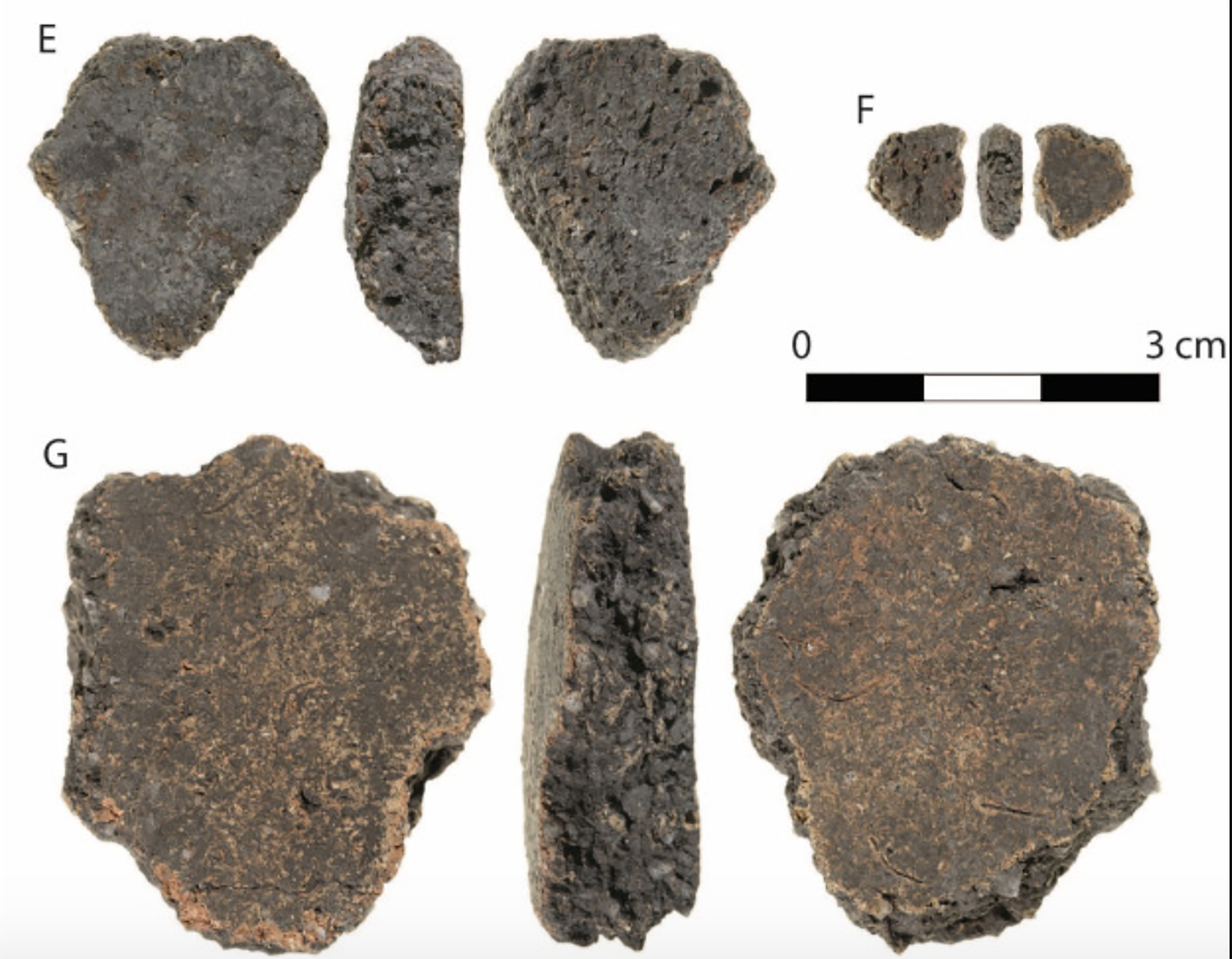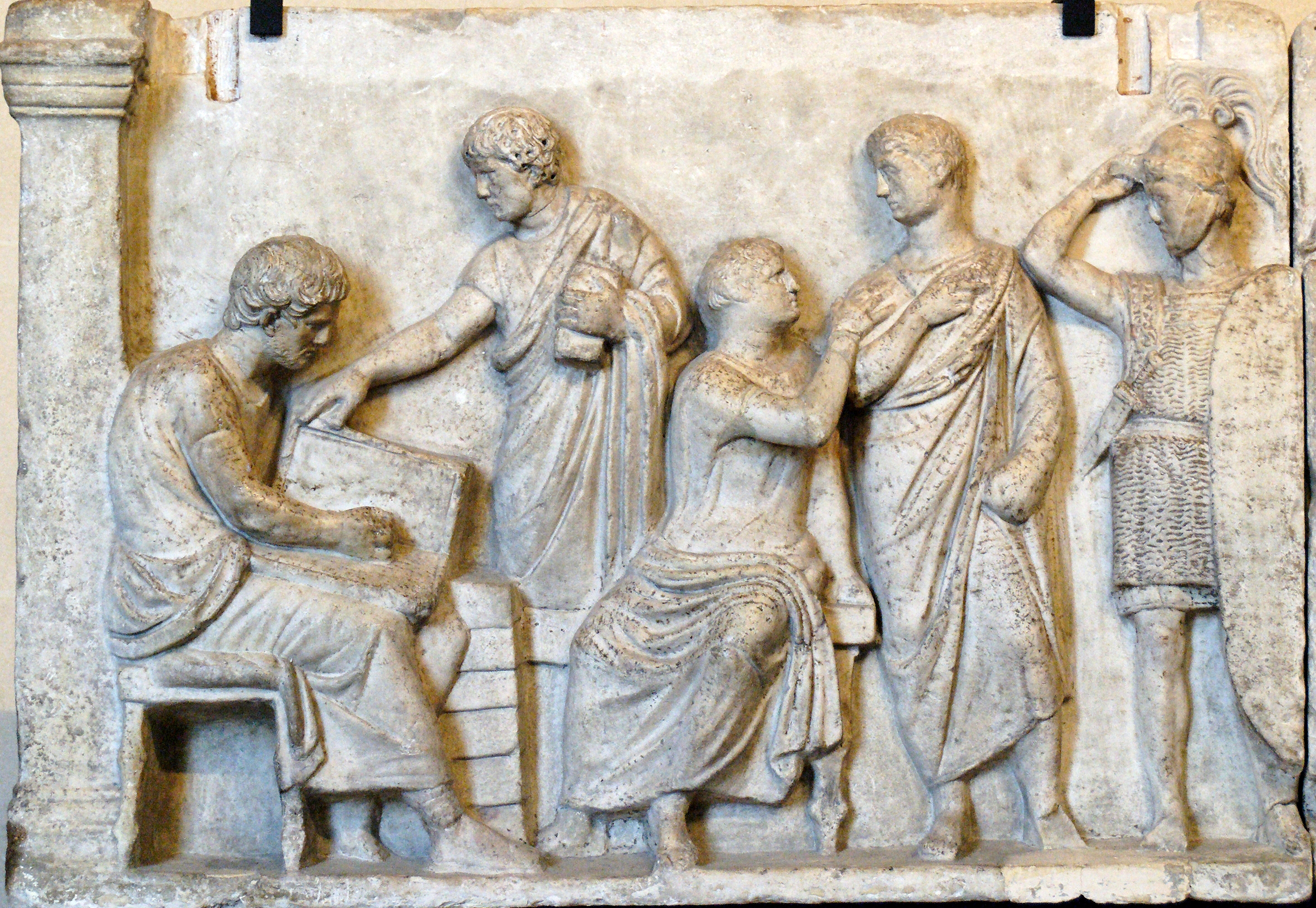Legend of the Good Empire

History itself is the playing field of politics and the right also looks at the past. Along with the rise of the ultral political trend, in recent years a historiographic trend is recovering in Spain. Books are being sold with a Francoist historical narrative that denounces the Black Legend.
But what is that about the Black Legend? For writers and reviewers like Elvira Roca Barea, Pedro Insua or Santiago Armesilla, there is an international story that disseminates hatred against the history of Spain, at least since the sixteenth century. According to them, this Black Legend was devised by England and the Netherlands to discredit the Hispanic Monarchy that then dominated the world, and these prejudices towards Spain have remained throughout the centuries, until today’s Spaniards have also internalized. To deal with this alleged Black Legend, the Spanish right has launched an operation to recover the country’s past. With a discourse with victimizing tints, they intend to eliminate the shame of being Spanish, shake the complexes and proudly reclaim Spain’s contributions to world history.
It is a matter, the concept is methodologically very flexible, so it is accused of promoting the Black Legend to anyone who does not adhere to the historical account of conservative Spanish nationalism. In comparison, it is considered suspicious to seek to critically review the Muslim heritage of the Iberian peninsula, the process of medieval Reconquista, the expulsion of Moorish and Jewish people or the Inquisition.
But most of his powers focus on claiming the heritage of the Spanish Empire; Roca Vara, for example, denounces the existence of imperiophobia. They relativize or deny the existence of extermination, exploitation, slavery and acculturation, while proudly exalting cultural exchange, miscegenation and economic development. As the philosopher Gustavo Bueno said, they argue that the Hispanic Monarchy was the Founding Empire (Biochemical Empire), a good empire that, far from exploiting and plundering colonies, opened civilization. To do so, they frequently resort to practices such as cherrypicking, where it is mentioned that slavery was banned by Isabel the Catholic in 1500, despite the existence of thousands of documents and research demonstrating life in the 19th century.
The debate has many edges and the nuances are many. For example, it is true that the enemies of the Hispanic Monarchy exaggerated in their propaganda the massacres of the colonizers and concealed those they did. It is also true that anti-colonial indigenism has romantic pre-Columbian society. In history, nuances and nuances are important. Not everything is black or white, things are more complex. But the Spanish right, with this account of the Empire, seeks to strengthen its discourse and identity, for which it resorts to historical rebisionism.
In my humble opinion, it is imperative that history has the courage to investigate uncomfortable passages. The Basque Country has also had a colonial and slave past, and, as Axier López has done, it is time to critically review it.
Members of the James Cook University and the Research Council of Australia have discovered ceramic fragments from 2,000-3,000 years ago on the island of Jiigurru in northwestern Australia. These are the oldest ceramic remains discovered so far in Australia. The geological study... [+]
Rome, a.C. 443. Censors were elected for the first time. Two centuries later it would be the most important magistrature of the Republic. Every five years, they chose two censors among consular senators.
It was a position of great responsibility: they were primarily responsible... [+]
Chronicler Theophanes Declarante stated that winter 763-764 was one of the coldest in history. Snow and ice occupied the Byzantine capital and also saw an iceberg in Bosforón.
Climate cooling has been considered to be due, among other factors, to the lack of volcanic activity... [+]
Toledo, 1272-1280. Alfonso X of Castile gathered 427 monomedical songs dedicated to the Virgin. The Cantigas de Santa Maria constitute one of the most important musical and literary collections of the Middle Ages, but being decorated with the miniature cantiga, these... [+]











